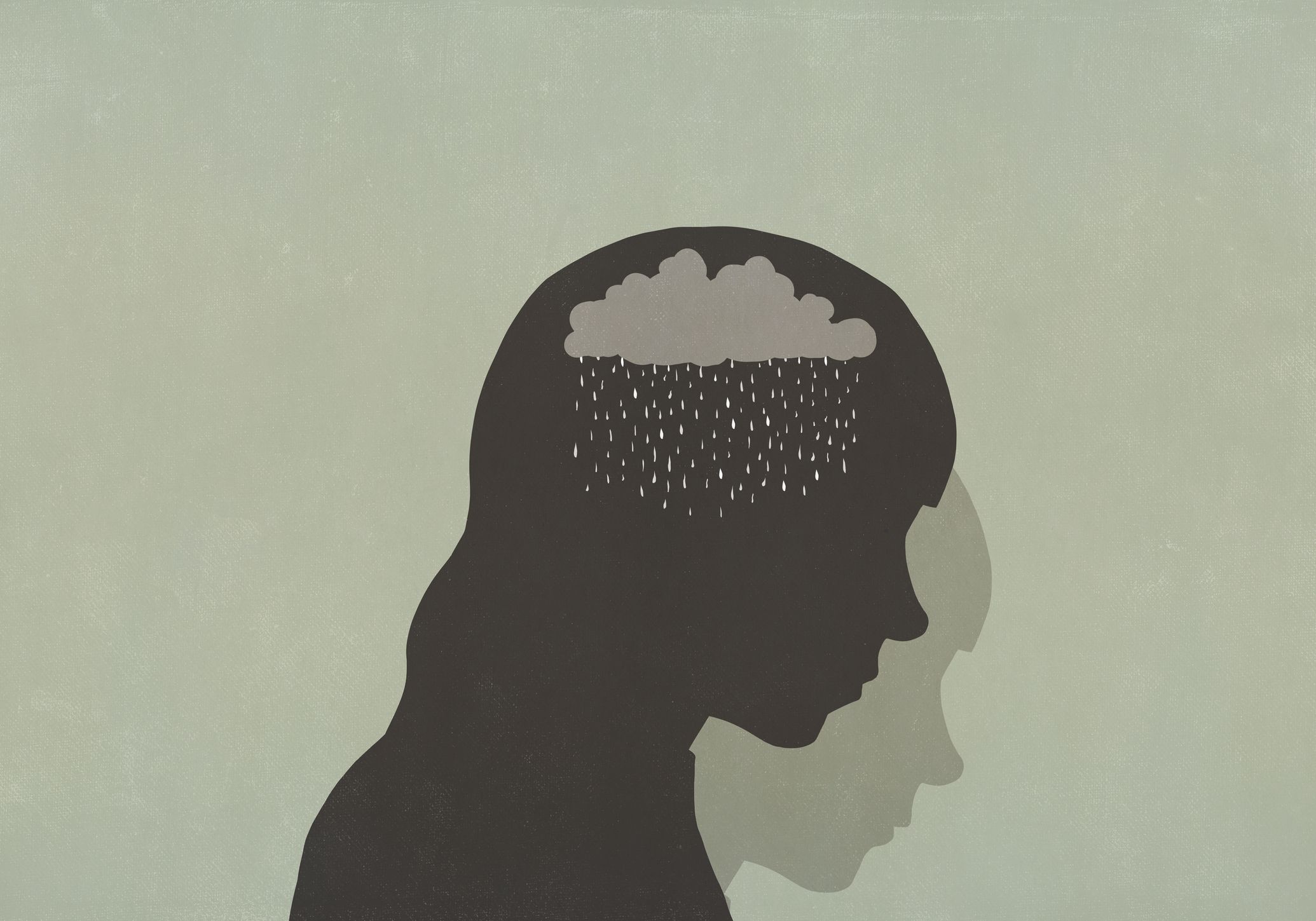Remedy Clinic – Depression Therapy Dublin.
Depression & Low Moods:
Depression is a diagnosis that affects between 3 – 5% of the global population at any given time. Depression can be episodic or recurrent and can occur due to a multiple of psychosocial factors. Life has its ups and downs and we all experience lower moods as part of this natural cycle. However, if down periods are persistent and affect your mood or motivation – this is something to take note of and consider reaching out for help.
Understanding Depression
Depression is a mental health condition that affects millions of people around the world. It is characterized by persistent feelings of sadness, hopelessness, and a loss of interest in activities that one used to enjoy. Depression can also cause physical symptoms such as fatigue, insomnia, and changes in appetite.
There are different types of depression, including major depression, persistent depressive disorder, and seasonal affective disorder. Major depression is the most severe form of depression and is characterized by a persistent feeling of sadness and loss of interest in activities that lasts for at least two weeks. Persistent depressive disorder, on the other hand, is a long-term form of depression that lasts for at least two years. Seasonal affective disorder is a type of depression that occurs during the winter months when there is less sunlight.
Causes of Depression
Depression can be caused by a variety of factors, including genetics, environmental factors, and life events. It is believed that a combination of these factors can contribute to the development of depression.
Research has shown that depression is more common in people who have a family history of the condition. Environmental factors, such as a traumatic experience, abuse, or neglect, can also contribute to the development of depression. Additionally, significant life events such as a loss of a loved one, divorce, or financial difficulties can trigger depression.
Symptoms of Depression
Depression can manifest in different ways and the symptoms can vary from person to person. Some of the common symptoms of depression include:
- Feelings of sadness, emptiness, or hopelessness
- Loss of interest in activities that one used to enjoy
- Difficulty sleeping or oversleeping
- Changes in appetite or weight
- Fatigue or loss of energy
- Feelings of worthlessness or guilt
- Difficulty concentrating or making decisions
- Thoughts of death or suicide
It is important to seek professional help if you experience any of these symptoms.
Coping with Depression
There are several ways to cope with depression, including medication, therapy, and lifestyle changes. It is important to work with a mental health professional to develop a treatment plan that is tailored to your specific needs.
Medication can be used to treat depression, and it can be prescribed by a psychiatrist or other mental health professional. Therapy is another effective way to cope with depression. Cognitive-behavioral therapy, for example, can help you identify negative patterns of thinking and behavior and develop strategies to overcome them.
Lifestyle changes can also be effective in coping with depression. Regular exercise, a healthy diet, and adequate sleep can all help to improve mood and reduce symptoms of depression.
Conclusion
Depression is a serious condition that can have a significant impact on your life. It is important to seek professional help if you experience any symptoms of depression. With the right treatment, it is possible to manage depression and improve your quality of life. Contact Us and we will help you find the right therapist to help you work on causes of lower moods and depression. info@remedyclinic.ie

